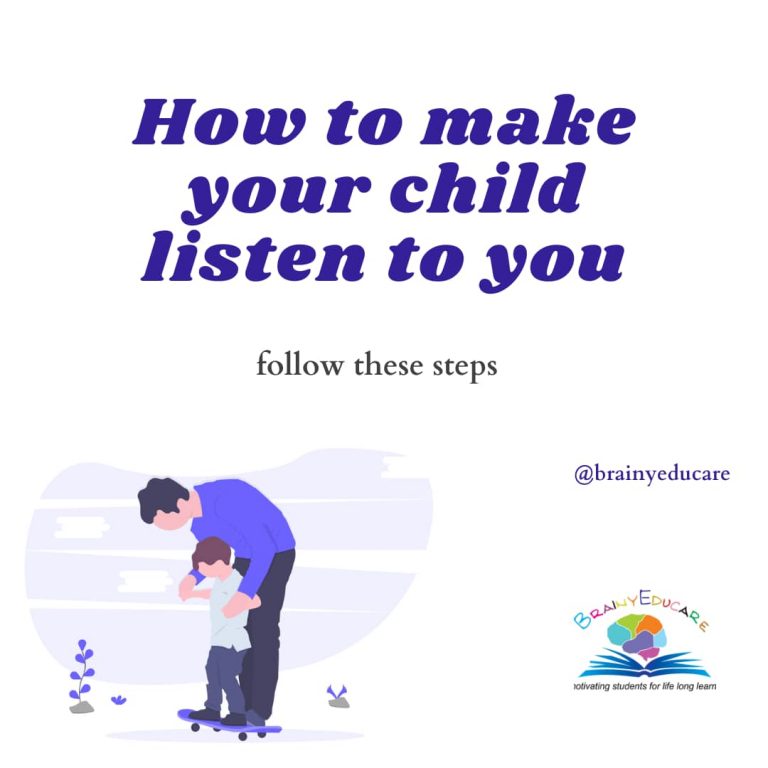It was 12 noon and Dande, age 13 at the time, was enjoying what would turn out to be her last day on the playground.
Dande was doing quite great as a young girl. She was among the top ten students in class; she had enviable virtues; and she always made her parents proud.
Everything was okay in Dande’s life except one thing – she could not express her feelings in clear words.
She experiences a host of emotions like other children, but she just wasn’t capable of describing the feelings with clear words.
In many instances, Dande would be in tears, yet unable to give reasons behind the tears
She could only say that these feelings were “awful” or made her feel “terrible.” This inability to clearly express her feelings prevented others from offering the right kind of help, since there was no way to correctly determine what’s wrong.
Her parents noticed this when she was age seven but felt she would outgrow it. But as it turned out, it only grew worse.
They go for frequent hospital visits as a result of harm Dande causes to herself whenever she feels bad, and unable to communicate her feelings.
She cuts the lower part of her wrist with a blade or hit herself with an instrument, so hard that she would bleed. As a result, she takes frequent leaves from school.
It got worse when her friends in school got to know about her condition. They would mock her and try everything possible to make her sad.

Play goes wild…
The event that shocked everyone happened on the school playground where Dande was having fun with other kids.
A notorious bully, Sarah, started picking on Dande for no tangible reason.
“You dumb idiot! Nobody wants to play with you. Just go away and don’t infect us with your disease,” Sarah said coldly, to Dande.
Like every other kid, Dande felt bad and burst into tears.
Unlike every other kid however, she made an awful decision after failing in an attempt to describe her feelings to a teacher
She left the conversation frustrated and determined…determined to take her own life.
Picking up a blade from her bag, Dande headed straight to the restroom and locked herself in one of the toilets.

She was found in a pool of blood after the janitor forced the door open few hours later.
Dande had cut her wrist with a blade multiple times that she fell unconscious. She passed away as a result of excess blood loss.
What is this?
This condition, where a person feels very bad or even depressed but is unable to clearly describe how he or she feels, is called alexithymia.
Alexithymia is a cognitive–affective communication impairment that children and adults experience when they have difficulty identifying and effectively expressing their full range of emotions through verbal communication with others.
In simple English, it is the inability to explain how you truly feel.
The term alexithymia was first used by Siffneos in 1973 to describe a condition in which individuals may experience or be aware of strong feelings, but have difficulty understanding and expressing their feelings to others.
People with alexithymia are unable to express their feelings as a result of the disconnect between the part of the brain that deals with emotions (right hemisphere) and the one that deals with verbal expression (left hemisphere).
This inability to describe feelings with clear words may trick others to believe that nothing is wrong with a person, when in fact a whole lot is wrong.

In other words, people with this condition know they are feeling bad, but are unable to identify, understand, and express these feelings.
When they feel bad, they associate it to its physical manifestations not the underlying feelings.
- They say I am having headache instead of I am worried.
- They say I can’t breathe well instead of I am scared
- They say my body seems stiff instead of I am angry
This is perhaps what makes alexithymia a big problem. Parents would only pay attention to the physical manifestations as stated by the child and not treat the chronic emotional problem that lies underneath.
As time goes on and the child feels worse, he or she may result to self-harm to contain the emotional issues.
Some methods of self-harm used by children with alexithymia include cutting, hitting, or crying so hard that the eyes begin to hurt.
Where does it come from?
Alexithymia is common in children who have gone through emotionally traumatic situations like parents’ divorce, abuse or those suffering from Autism.
But generally, that’s not something you should worry about – it affects only a small percentage of kids.
What you should be afraid of is the learned type of alexithymia.
“I’m Fine”; Artificial Alexithymia
“How are you?”
That’s perhaps the question kids get asked most frequently.
The dangerous thing about this is that we have taught kids to always reply “fine” to that question.
Even if they do not say “fine,” we say it for them.
In a way however, we are destroying their ability to spot the right kinds of feelings they are going through.
It is so bad that even if a kid is crying and you ask “how are you,” the response will still be “fine.”
Kids are not always fine. They may be angry, excited, sad, bored, worried, happy, or even depressed.
Kids have learnt to say “fine” even if they are not fine. This shows that we may be nurturing a generation of children who struggle to express their true emotions.
By enforcing the automatic “fine” response, your child may begin to lose the ability to express her true feelings.
The result of this? Negative emotions grow and build upon one another until the kid can take no more.
The alternative then, may be suicide.
How Can You Help Your Kid?
Though it may take time, your kids can learn how to describe their true feelings.
Research shows that kids who are offered expertly curated help can easily overcome this condition.
- By putting kids in situations where they can truly express their feelings over and over again, they can become better.
- Another potent tool for overcoming this condition is to write down feelings
- Allowing kids to draw whatever is on their mind can also help in identifying and expressing their true emotions
These concepts, and many more, have been compiled into kits called Life Kits for Kids, Teens, and Tweens. The kits contain proven strategies that we’ve used over the years to help kids build emotional competence and avoid suppressing emotions.
A Plea to You
- Stop teaching your child that “fine” is the only response to “how are you?”
- Engage your child in emotional conversations often.
- Ask them how they feel frequently.
- Let them know it’s okay to feel bad, sad, or agitated.
- Never assume that they “will get over it.” Get the required help as fast as possible.
Reference








0 thoughts on “When words are lost; Preventing Alexithymia in Kids”
Ordering medicine from e-pharmacies is much simpler than shopping in person.
You don’t have to wait in line or stress over closing times.
Internet drugstores give you the option to buy what you need without leaving your house.
A lot of platforms offer discounts in contrast to traditional drugstores.
http://vzinstitut.cz/index.php/forum/ideal-forum/7220-i-am-very-happy-to-cme-here?start=24#377638
Additionally, it’s possible to compare alternative medications without hassle.
Reliable shipping means you get what you need fast.
What do you think about ordering from e-pharmacies?
Your comment is awaiting moderation.